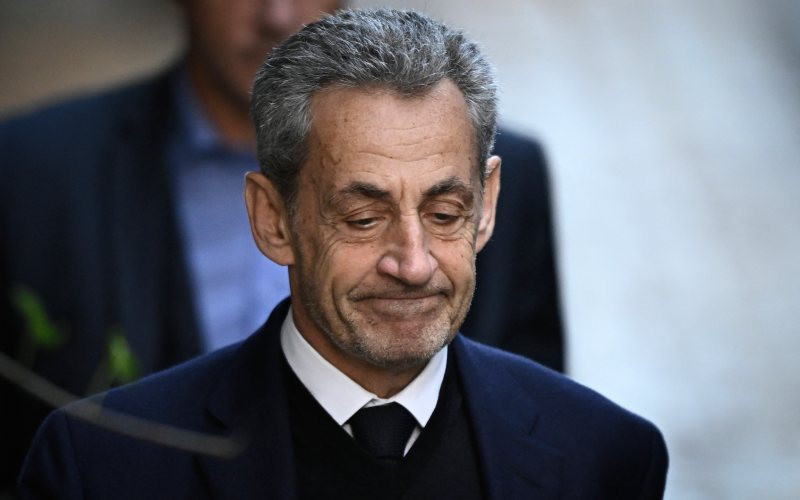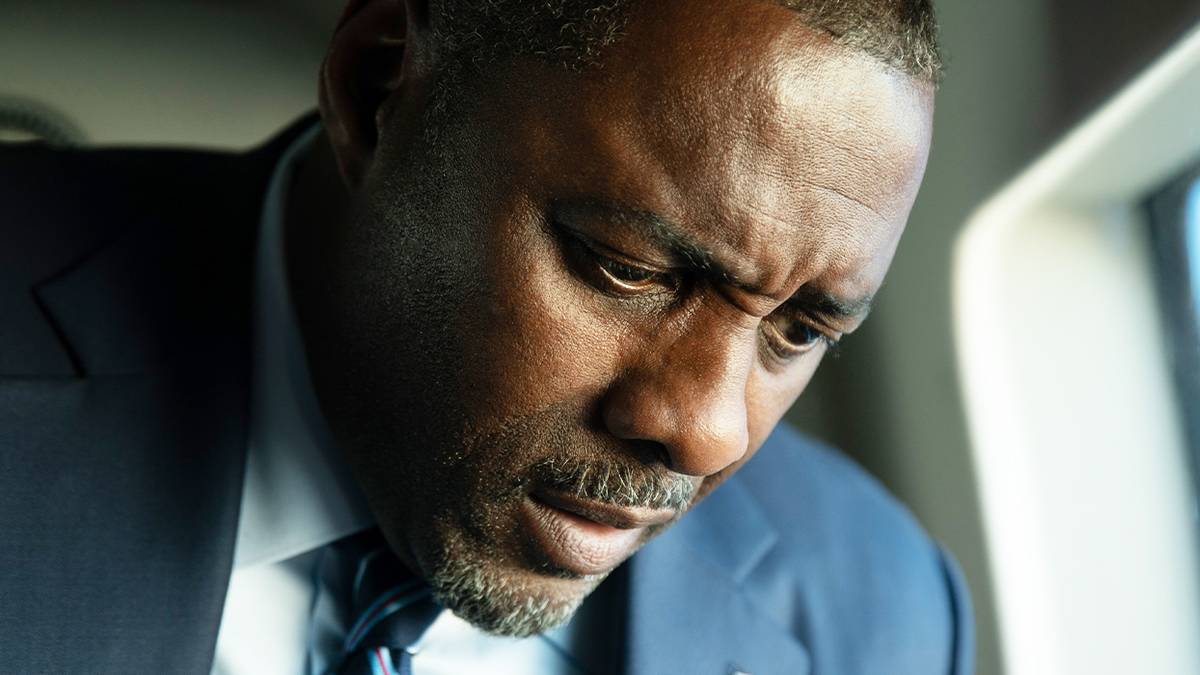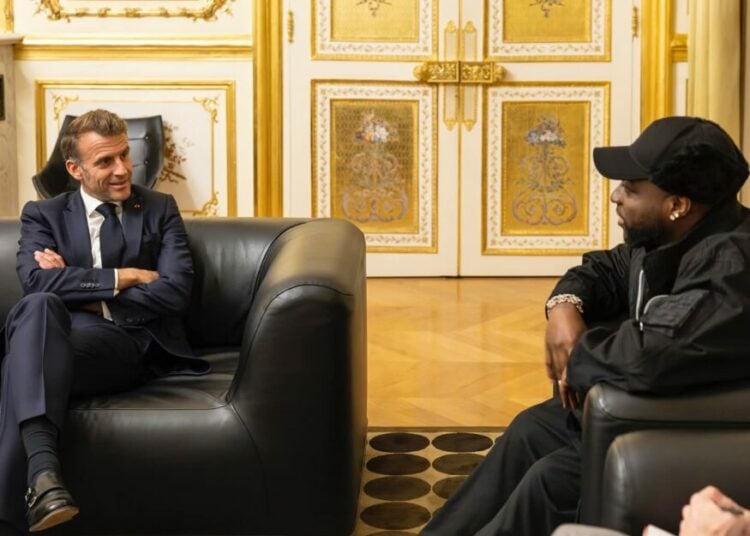Former French President Sarkozy Jailed in Landmark Campaign Finance Case

Former French President Nicolas Sarkozy began a five-year prison sentence on October 21, 2025, after being convicted of criminal conspiracy related to the illegal funding of his 2007 presidential campaign. His incarceration marks a historic moment, as he is the first former head of an EU state to be jailed and the first French leader to be imprisoned since Nazi collaborationist Philippe Petain after World War II.
Sarkozy, who served as president from 2007 to 2012, entered La Sante prison in Paris, maintaining his innocence despite the verdict. As he was driven to jail, he posted a defiant message on social media platform X, stating, "It is not a former president of the republic being jailed this morning, but an innocent man." He expressed no doubt that "The truth will prevail" but acknowledged the "crushing" price. Outside his home, dozens of supporters, including his wife Carla Bruni-Sarkozy and sons Louis and Pierre, gathered to express solidarity, shouting "Nicolas, Nicolas! Free Nicolas!" and singing the French national anthem.
The conviction stems from what is known as the "Libyan case," where prosecutors alleged that Sarkozy's aides, acting on his behalf, struck a deal with late Libyan dictator Moamer Kadhafi in 2005 to illegally fund his victorious 2007 election bid. Investigators believe that in exchange, Kadhafi was promised help to restore Libya's international image. While Sarkozy was acquitted of personally receiving or using the funds for his campaign, as well as charges of embezzling Libyan public funds, passive corruption, and illicit financing of an electoral campaign, he was found guilty of criminal conspiracy. The court viewed the "exceptional seriousness of the facts" as justification for his imprisonment. He has since appealed the verdict, and his lawyer, Christophe Ingrain, immediately filed a request for his release, anticipating Sarkozy will remain incarcerated for at least three weeks to a month.
Sarkozy has faced a flurry of legal challenges since leaving office in 2012. He previously served a sentence for graft—seeking favors from a judge—under house arrest with an electronic ankle tag. Furthermore, France's top court is expected to rule next month on an appeal in another illegal campaign financing case, known as the Bygmalion affair, which also resulted in a six-month jail term.
Inside La Sante prison, Sarkozy is held in a nine to eleven square meter cell within the solitary confinement wing. This arrangement aims to ensure his safety by avoiding contact with other inmates, many of whom are notorious drug dealers or convicted for terror offenses. In solitary confinement, he is allowed out of his cell for just one hour a day for exercise, alone, in a small segregated courtyard. His cell is equipped with a toilet, shower, desk, small electric hob, and a small TV (for which he pays a monthly fee), and he is allowed a small fridge. He retains the right to receive information from the outside world, family visits three times a week, and written and phone contact, but the social isolation makes conditions difficult, as he only interacts with prison staff.
Public opinion in France appears divided, with a survey by Elabe indicating that six out of ten people believe the prison sentence is "fair." However, Sarkozy still enjoys significant support from the French right. Notably, President Emmanuel Macron welcomed Sarkozy to the Elysee Palace shortly before his incarceration, stating it was "normal, on a human level" to receive a predecessor in such circumstances. Macron, while stressing his role is not to comment on judicial decisions, acknowledged that the sight of a former president jailed would provoke comment. Justice Minister Gérald Darmanin also expressed his intent to visit Sarkozy in prison, citing his responsibility to ensure Sarkozy's safety and the proper functioning of the jail, adding, "I cannot be insensitive to a man's distress." As for his personal effects, Sarkozy reportedly took with him a biography of Jesus and Alexandre Dumas's "The Count of Monte Cristo," a novel about an innocent man unjustly imprisoned who later escapes to seek revenge, underscoring his narrative of wrongful conviction.
You may also like...
Arsenal Dominance: Eze's 'Magic Moment' Against Former Club Propels Gunners to Top!
)
Arsenal extended their winning streak to seven games with a hard-fought 1-0 victory over Crystal Palace, thanks to Ebere...
Guardiola's Fury: Haaland Caged as Aston Villa Delivers Crushing Blow to Man City's Title Hopes!
)
Manchester City suffered a 1-0 defeat against Aston Villa, with Matty Cash scoring the decisive goal. Pep Guardiola refl...
Iconic 'Sailor Moon' Returns to Netflix After Years of Streaming Turmoil

Sailor Moon Crystal has made a welcome return to Netflix in the U.S. and Canada, bringing a faithful adaptation of the i...
Anime Dominates Box Office as 'Chainsaw Man' Smashes Records, 'Springsteen' Falters

Crunchyroll's “Chainsaw Man – The Movie: Reze Arc” soared to the top of the box office, affirming anime's growing global...
Global Power Couple Alert: Katy Perry & Justin Trudeau Confirm Romance in Paris Debut!

Katy Perry and Justin Trudeau have officially confirmed their relationship, making their first public appearance as a co...
Taylor Swift's 'Showgirl' Album Reigns Supreme for Third Week on Billboard 200!

Taylor Swift’s "The Life of a Showgirl" achieves its third consecutive week at No. 1 on the Billboard 200 chart for Nove...
Inside 'A House of Dynamite': Stars Unveil Nuclear Thriller's Political Depths

"A House of Dynamite," Kathryn Bigelow's latest political thriller, features an all-star cast including Jared Harris and...
Climate Crisis Unleashes New Health Threats Across Africa; 'One Health' Solution Emerges

The One Health approach is critical for Africa's climate change and global health resilience, integrating human, animal,...




